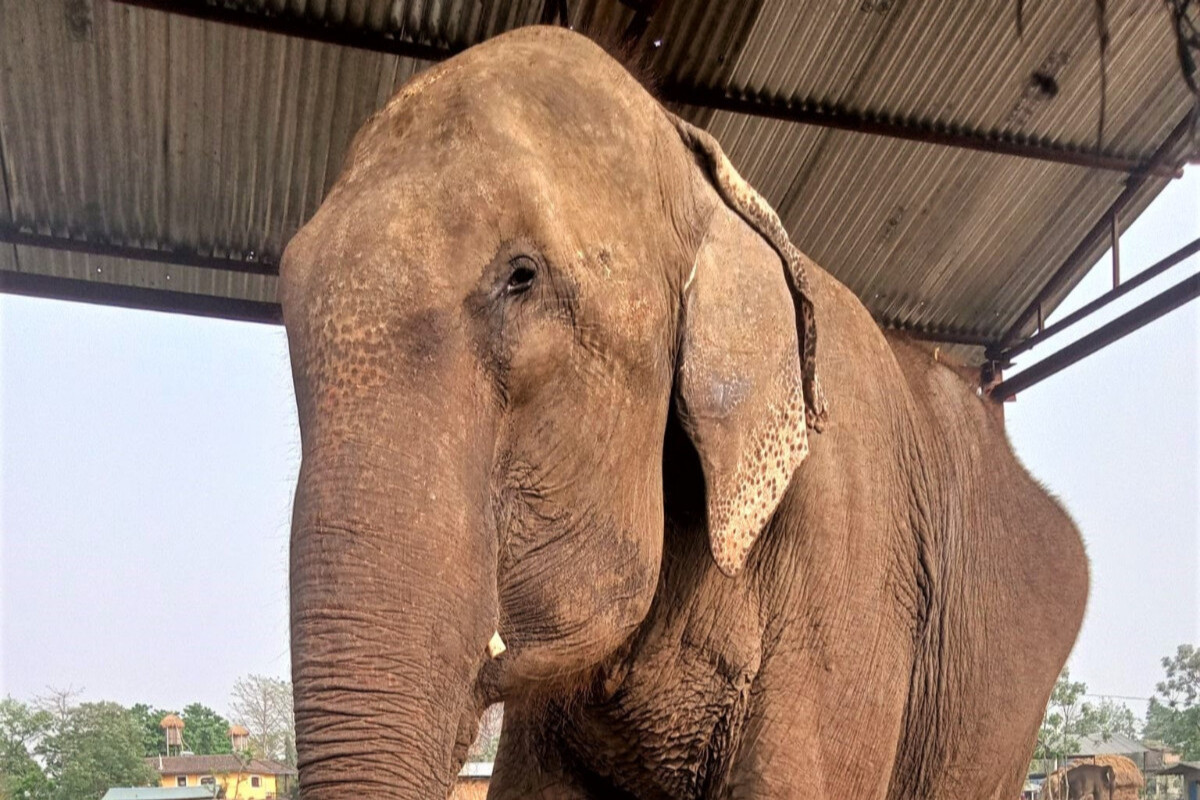On Save the Elephant Day, Bankura, Jhargram and West Midnapore, the vulnerable elephant corridors in Bengal reserved any programme today due to the ensuing model code of conduct. But, the forest divisions in the respective districts have been put on high alert to ensure that the voters reach the polling stations safely and no untoward confrontation with herds are recorded during the polling process.
The Election Commission of India, a couple of days ago introduced a 24×7 surveillance plan to prevent any potential human-elephant conflict in the quarters, which is common during the polling period, 19 April-1 June. “Presence of elephants in areas outside the forest patches remains a challenge, always,” said a senior forest officer in Jhargram. The EC instruction maintained, “ADCs (anti-depredation camps), RRTs (rapid response teams) need to be put on high alert.”
Advertisement
For more vulnerable elephant corridors in the southern states, the EC has also instructed the Elephant Task Force, formed in 2010 by the federal government to review the current status of elephants, to remain prepared for any such emergency. The EC prescribed special measures to prevent human-elephant conflict during polling period, “On the day of polling, if any movement of elephants is observed within 4-5km of the polling stations, the department staff will immediately reach the spot and drive the elephants back to safe distance.”
“We’ve taken all these on record and the forest department wings, mostly active in securing safe passage for the Madhyamik and Higher Secondary examinees each year, have been beefed up to combat any such emergencies during the polling dates in the districts,” said Dr Singaram Kulandaivel, chief conservator of forests (central). He said: “We however, keep round-the-clock track normally on the migrating herds, which come from Dalma Range of Jharkhand.”
A jumbo herd of 69 migratory elephants moved in the Bankura forests from Dalma in three phases since September, last year and the herd left the district in phases. On 9 April, the last lot vacated Bankura with 11 members. During their stay for seven months, the migrating elephants killed three villagers this time. The figures were lower compared to the previous years in the district that bears the brunt of the menace over the three decades.
“Currently, four elephants have been roaming in the district and they are resident elephants of the district,” said Umar Imam, DFO, Bankura.
World Elephant Day is celebrated on 12 August each year, but on 16 April each year, Save the Elephant Day is observed since 2012 to raise awareness about the challenges elephants face, besides campaigning is done to convince the people about the need to protect the elephants, as well. Thailand had taken the first initiative on this.
According to a 2017 census, India has around 29,964 wild elephants, around 60 per cent of the world’s wild Asia elephant population. The entire world, according to ‘Our World in Data’ library, currently accommodates 4.5 lakh elephants.











